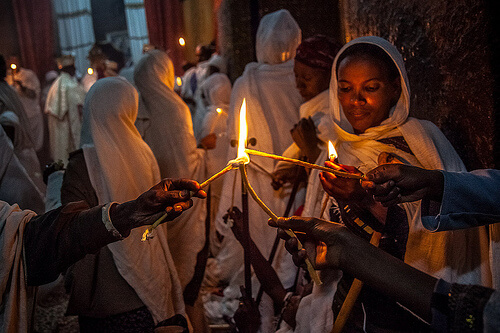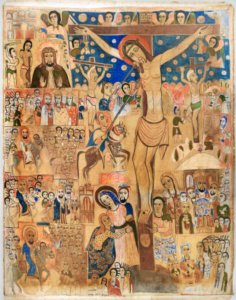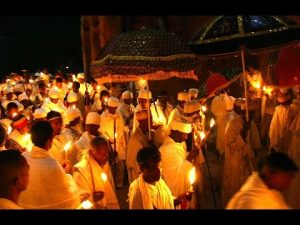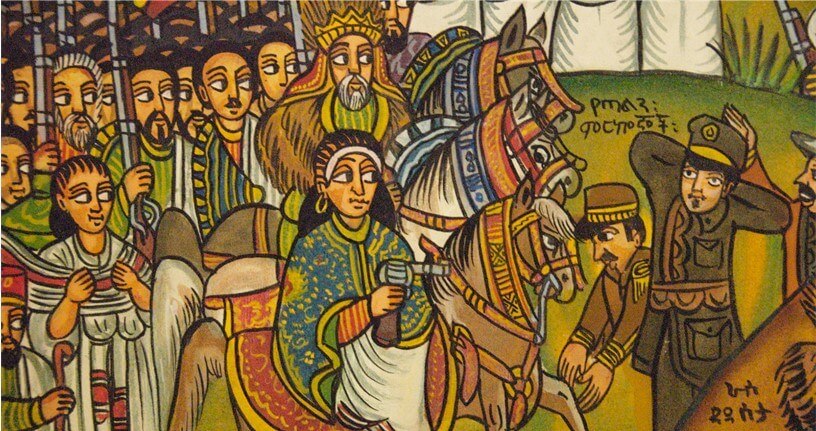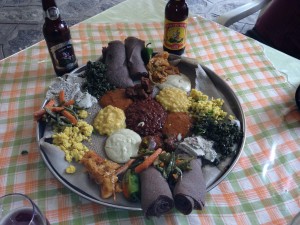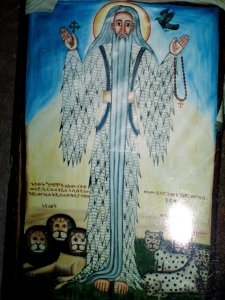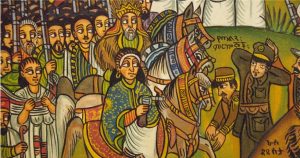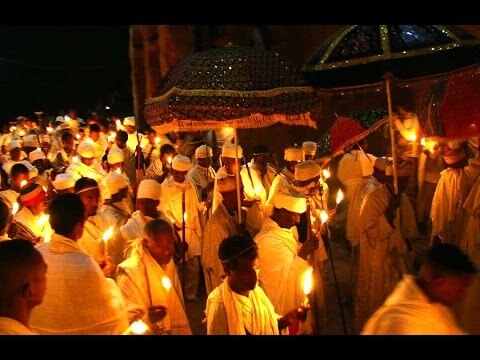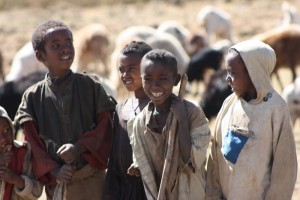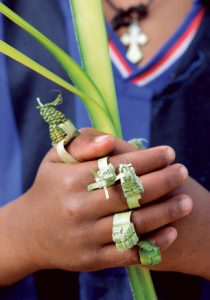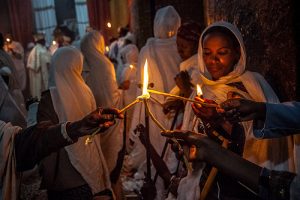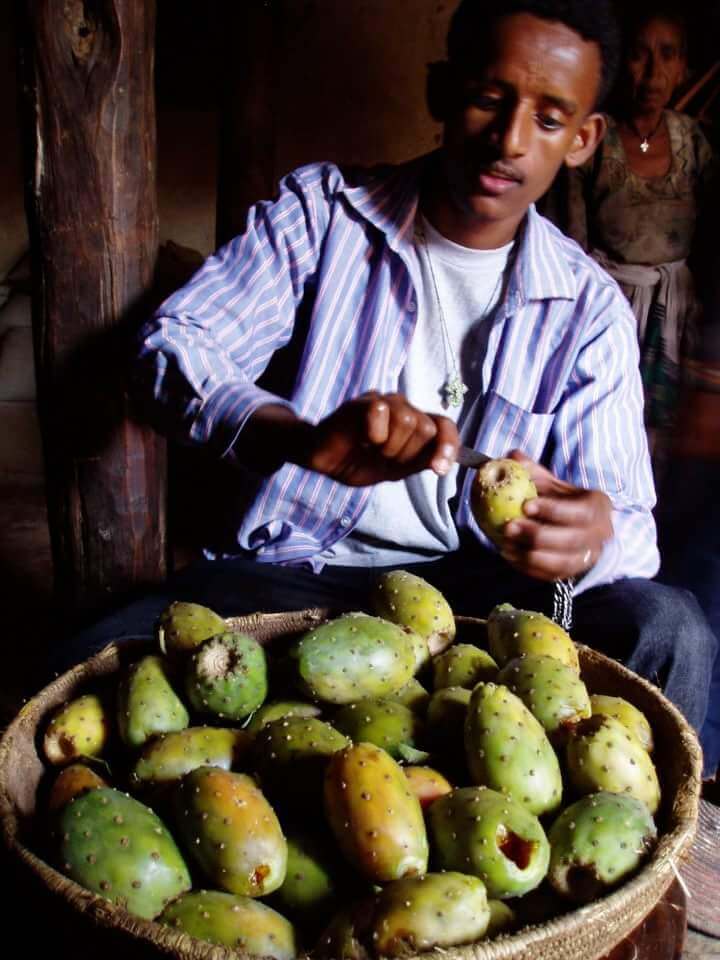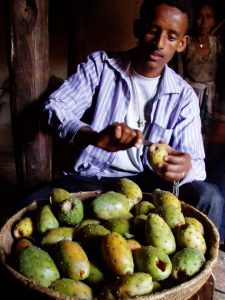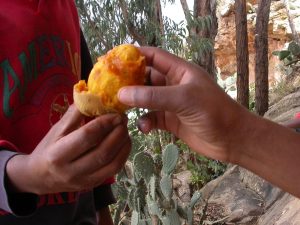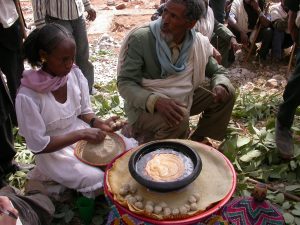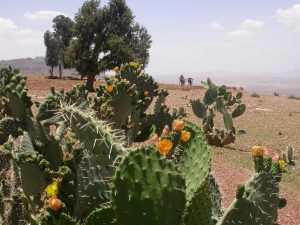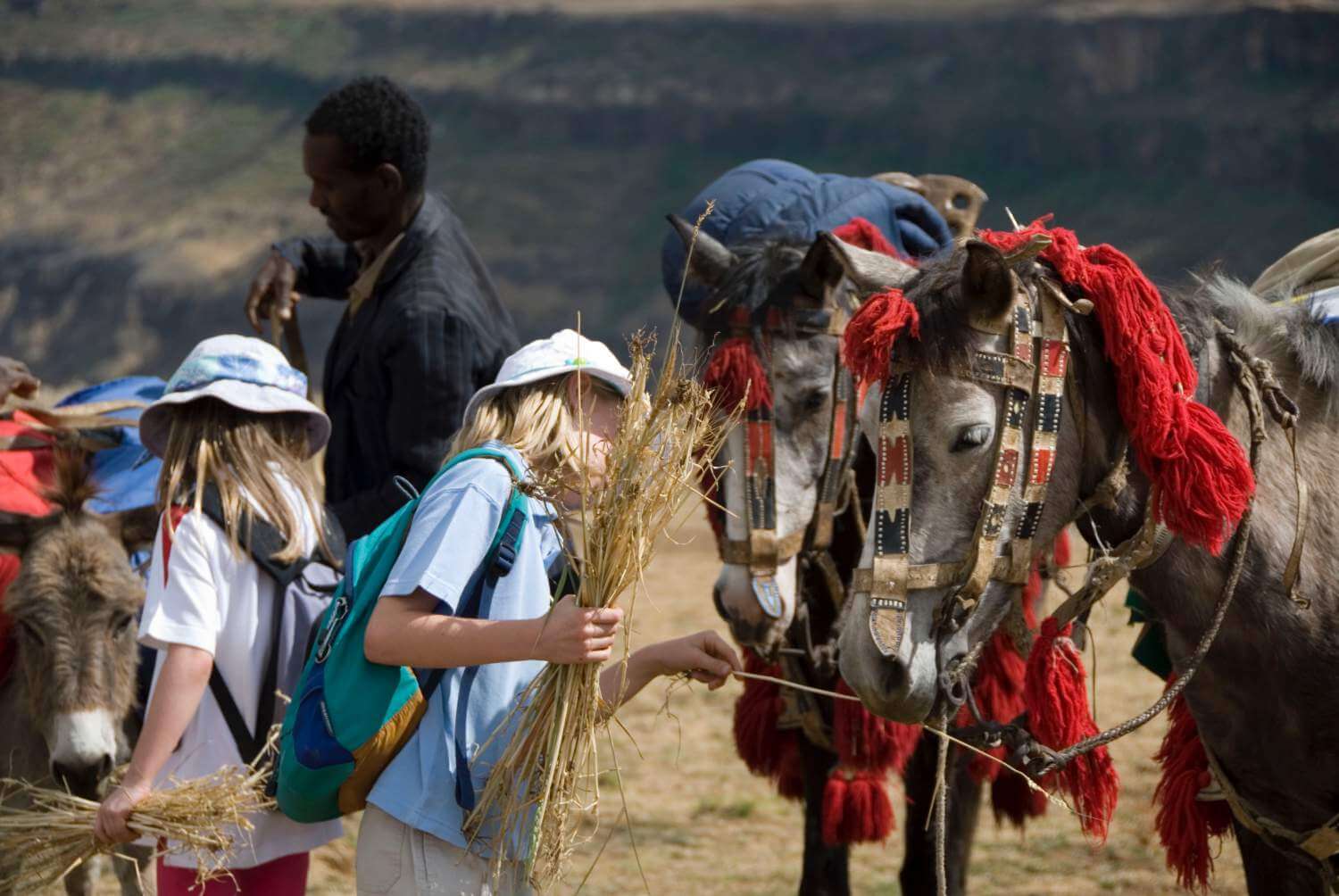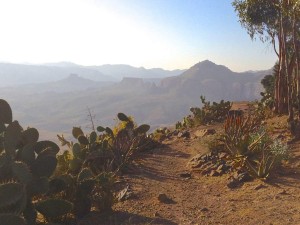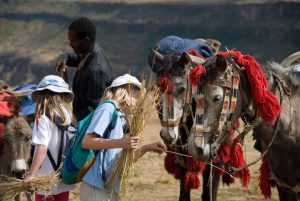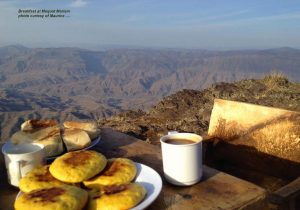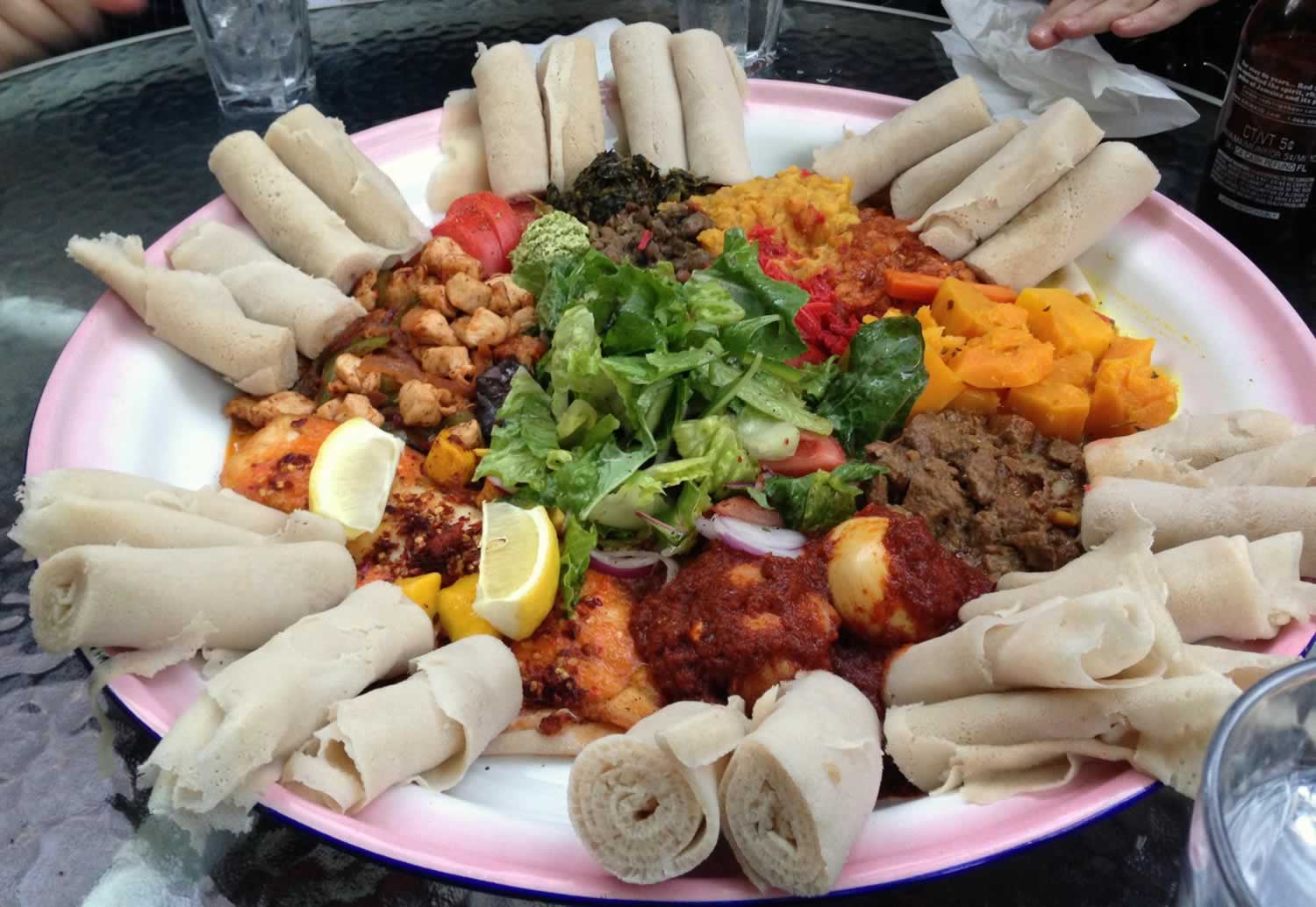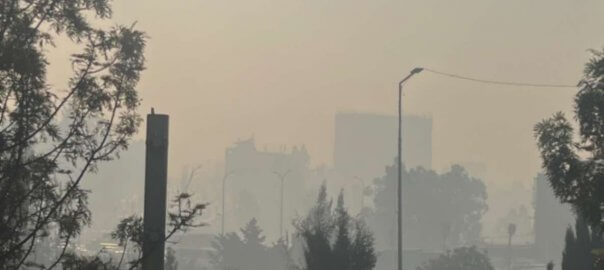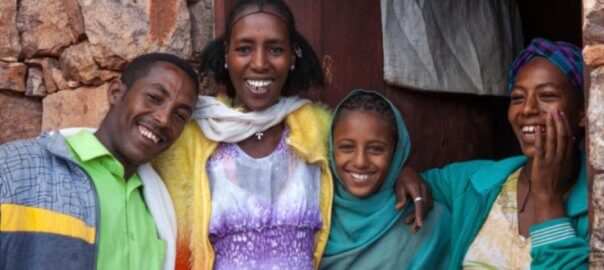We wish all who are celebrating a Happy Easter – (or as we say in Amharic “Melkam Fasika”).
Some of you may be surprised that Ethiopian Easter, (which is in fact Orthodox Easter across many countries) is celebrated so long after Western Easter. As we all know Easter in all Christian faiths is a movable feast. But the why’s and wherefores are rather stranger!
As Easter marks the date of Jesus’s death and resurrection, which happened around the Jewish Passover. (Christ celebrated the Last Supper on the first day of Passover and his Crucifixion occurred on the second day, at the hour when the lambs were slaughtered in the Temple at Jerusalem.) It was originally celebrated along side the Passover festival by early Christians. However the formula for calculating Easter was set down at the Council of Nicaea in 325 — the most famous of the seven Christian ecumenical councils accepted by both Catholics and Orthodox. It is a fairly simple formula:
Easter is the first Sunday that follows the Paschal Full Moon (Paschal means “Passover” in Greek), which is the full moon that falls on or after the spring equinox (taken as being 21st March).
But for calculation purposes, the Council of Nicaea declared that the full moon is always set on the 14th day of the lunar month.
(The lunar month begins with the new moon.) This is called the ecclesiastical full moon; the astronomical full moon may fall a day or so before or after the ecclesiastical full moon.
So far so everyone is on the same page. And this does explain how the date of Easter moves across a month, linked to this ecclesiastical full moon date. And the fact that is on the 1st Sunday following a full moon adds several days to the possible 28 day variation. However the difference between the Western and Orthodox Easter comes from the calendar used by the church.
The Julian calendar (establish by Julias Caesar in AD45), overestimated the length of the tropical year, the time from one equinox to the next, which also affected the date of Easter, and is increasingly out of sync with the actual solar year.
In 1582, to correct the increasing error in the Julian calendar, Pope Gregory XIII suggested knocking off a few days from the calendar and adjusting the frequency of leap years. That year, in all countries who went with the Pope’s plan, 4 October was to be followed by 15 October. Hence the term Gregorian calendar! It took England almost 200 years to follow suit (because of its protestant allegiance in the 16th century) and it was decided that Wednesday 2 September 1752 would be followed immediately by Thursday 14 September 1752, thereby synchronizing with the rest of Europe.
However the Orthodox churches have continued to calculate based on the Julian Calendar until now, even if most countries adopted the Gregorian calendar for secular life! This 13 days is the difference between Western Christmas (25 Dec) and Orthodox Christmas (7 January). But now Easter compounds the 13 days difference with the lunar calculation and the fact that it is always a Sunday! It couldn’t get more complicated than that!
This means Western Easter can be from late March until late April, (from 22 March to 25 April) and Orthodox Easter from early April until early May (from 3 April to 8 May).
Here in Ethiopia, this week Good Friday – Sekelet – will be celebrated on 3 May and Easter Sunday (known as Tinsae or Fasika) will be celebrated on 5 May. The week leading up to Easter is known as Holy Week (Himamat), and the fasting in Ethiopia becomes more intense, with a total fast from Friday morning until late Saturday night (in fact Sunday morning) when the fast is broken at church. For anyone wishing to get a feel for the intense passion with which Fasika is marked here in Ethiopia, you should attend a local church on Saturday night. (For more on the fasting see this blog article)

